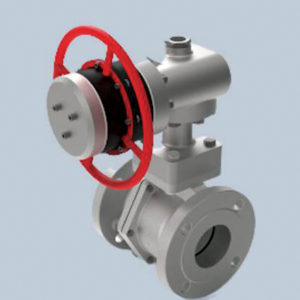The Billings Chamber of Commerce has announced the staff promotion of Jack Jennaway, and welcomes Kyra Cousins and Toby Walker to its staff.
Jennaway has been promoted to Business Advocacy Manager, Cousins fills the position of Visit Billings Visitor Services Manager, and Walker joins as the Member Recruitment Manager.
Jennaway accepted a promotion to Business Advocacy Manager. He began working at the Billings Chamber in March 2020. His key responsibilities include coordinating Business Advocacy program activities, leading crime prevention safety efforts and agriculture committee efforts, and implementing strategies to suppor the business community.
Additionally, Jennaway conducts research and information management, provides support for community levies and initiatives as directed by the Chamber Board of Directors, and assists with production of Business Advocacy publications and communications.
Cousins accepted the role of Visitor Services Manager for Visit Billings, managed by the Billings Chamber. She has worked as the Member Operations Specialist for the Billings Chamber, in which she handled a variety of operational tasks and providing exceptional support to members and clients. Her background and experience in customer service and serving as an integral part of daily operations will serve her well in her new role for Visit Billings. Walker is originally from Auburn, California and moved to Billings at a young age. He graduated with a bachelors’ degree in Mass Communications from North Dakota University in 2004.
After college, he returned to Billings and embarked on a career in the service side of the automotive industry. Prior to joining the Chamber staff, Walker worked as a Retail and Outside Sales Manager for MARS. His customer service background and people skills will serve him well in his role as Member Recruitment Manager.



